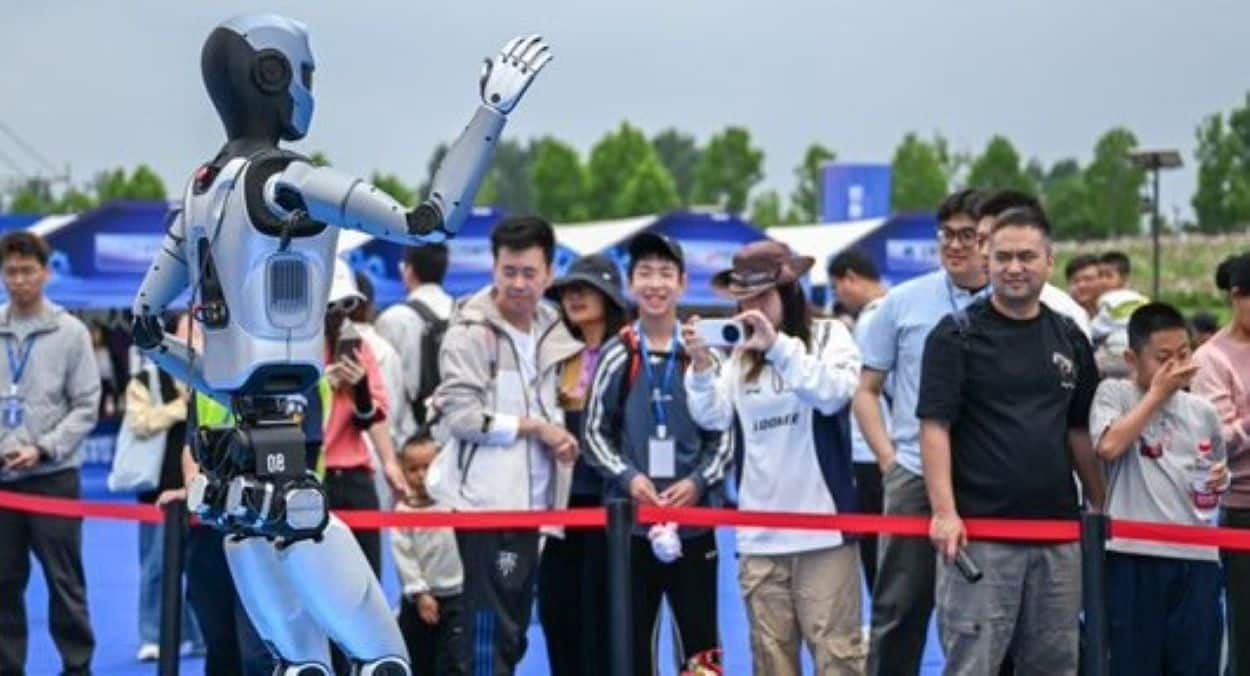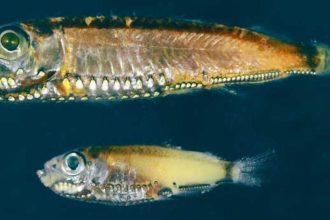On June 6, 2025, the Beijing Academy of Artificial Intelligence (BAAI) launched RoboBrain 2.0, an open-source AI model designed to power humanoid robots, at its annual conference in Beijing. Hailed as the world’s most advanced open-source robotics AI, RoboBrain 2.0 marks a significant step in China’s ambition to lead global robotics innovation.
RoboBrain 2.0, part of BAAI’s Wujie model suite, enhances robots’ spatial perception and task-planning abilities. Compared to its predecessor, released three months ago, it operates 17% faster and boasts 74% higher accuracy, according to BAAI director Wang Zhongyuan. These improvements allow robots to navigate environments better and break down complex tasks into manageable steps.
“RoboBrain 2.0 is a game-changer for embodied intelligence,” Wang told attendees at the Zhiyuan Institute, BAAI’s local branch. The institute collaborates with over 20 companies, including Unitree Robotics and Zhipu AI, to integrate the model into commercial applications.
Lanzan en China RoboBrain
Una IA que busca convertirse en el "cerebro" de los robots humanoides🤖
💬RoboBrain 2.0 constituye el modelo de IA de código abierto más poderoso existente y está diseñado para optimizar el desempeño de los robots.
📰https://t.co/QMe5fRJ26R
— Sepa Más (@Sepa_mass) June 7, 2025China’s Competitive Robotics Landscape
The launch comes amid fierce competition in China’s robotics sector. In April 2025, the Beijing Humanoid Robot Innovation Centre unveiled Hui Si Kai Wu, a platform likened to Android for robots, and showcased its Tien Kung robot completing a half-marathon. BAAI’s open-source approach, however, aims to democratize access to advanced AI, fostering innovation across startups and tech giants like Baidu and Huawei.
RoboBrain 2.0 integrates with RoboOS 2.0, a cloud-based AI distribution platform, and Emu3, a multimodal text, image, and video system. This ecosystem positions BAAI as a leader in China’s generative AI boom, despite U.S. restrictions on American technology access following BAAI’s addition to the U.S. Entity List in March 2025.
The BAAI Conference attracted over 100 global AI researchers and 200 industry experts, highlighting China’s growing influence in AI. A new partnership with the Hong Kong Investment Corporation will support talent development and technology exchange, reinforcing BAAI’s global ambitions.
As China accelerates its push for commercially viable humanoid robots, RoboBrain 2.0 could set a new standard for intelligent machines.






